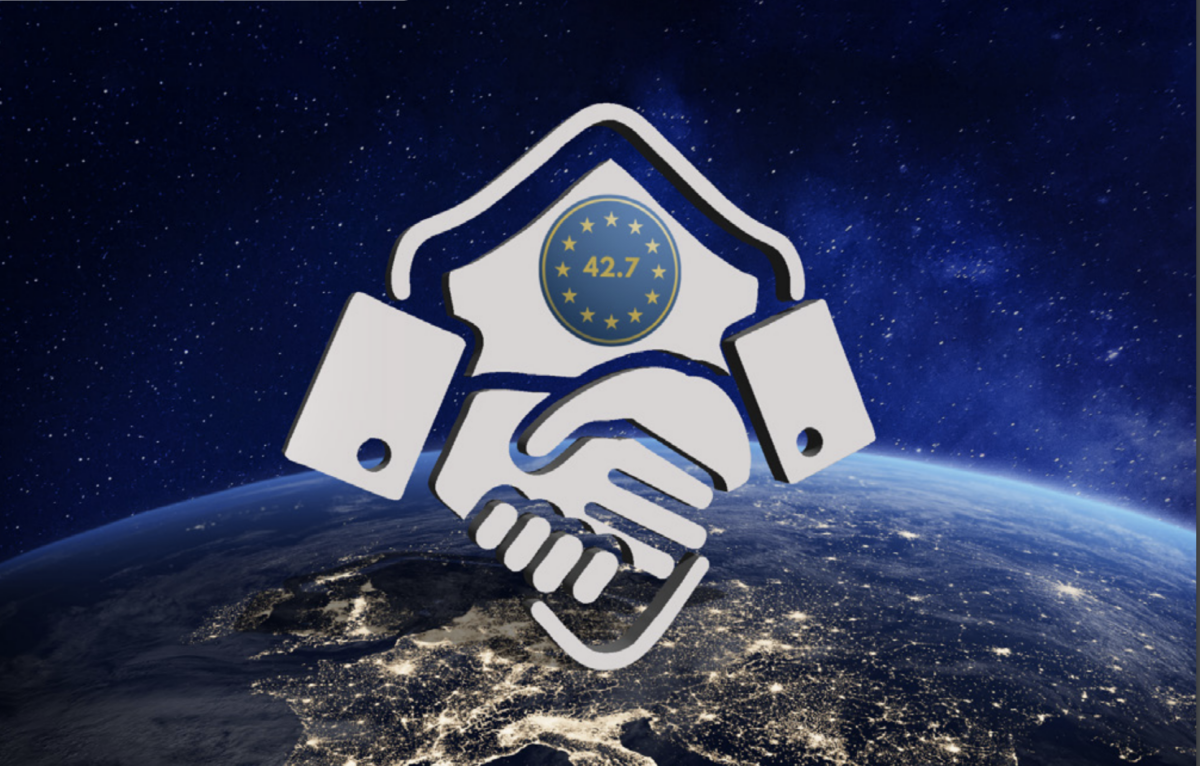As the EU steps up its ambition to defend the interests and the security of its member states, it should also come to terms with a treaty article that is unknown to many and uncomfortable to others: Article 42(7) Treaty on European Union (TEU), also known as the ‘mutual assistance clause’. Since the Lisbon Treaty adopted an amended version of the article from the now defunct Western European Union, EU member states formally have ‘an obligation of aid and assistance by all the means in their power’ in case another EU member state becomes the ‘victim of armed aggression on its territory’.
The report concludes that there are at least three situations in which the EU’s mutual assistance clause could plausibly be invoked: in response to a terrorist attack, against hybrid forms of aggression such as serious cyberattacks, and as a result of a kinetic military attack.
The research is based on a combination of a review of publicly available literature and a series of interviews with representatives of EU institutions and member states. The report includes three external contributions by experts from France, Finland and Cyprus, who each explore the strategic considerations of their respective countries and focus on particular dimensions of Article 42(7) that are relevant to their own security context.
See Annex 2 for Director Tiilikainen’s contribution on Finland’s constructive approach to TEU Article 42(7).



